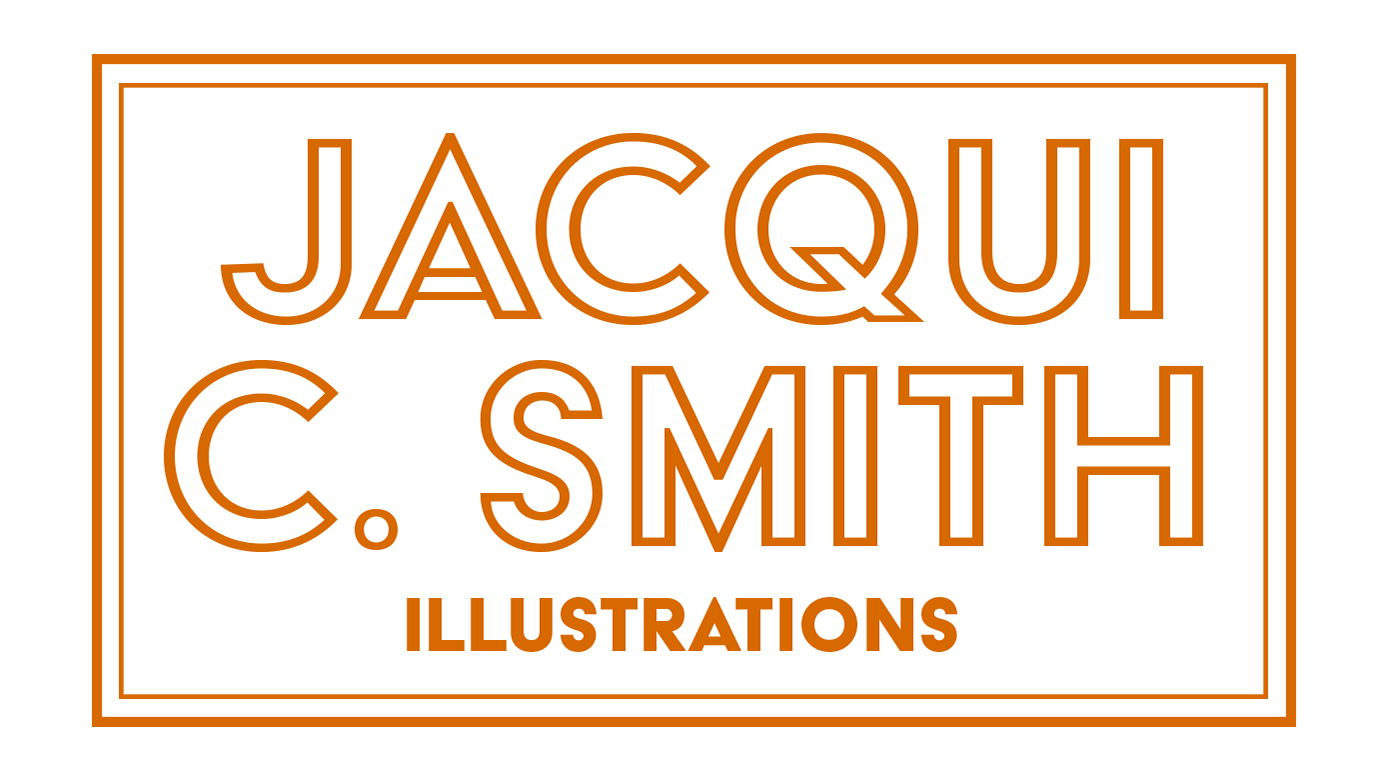Jacqui C. Smith is a Seattle-based illustrator, muralist, and creative leader whose work centers on the unique beauty, identity, and versatility of Black women and girls. Originally from the south suburbs of Chicago, she holds a B.A. in Traditional Animation from Columbia College of Chicago. Her creative journey began in Burbank, California, where she launched her freelance career focused on uplifting through art.
Driven by the belief that representation matters, Jacqui is dedicated to creating work that reflects the richness and complexity of Black girlhood and womanhood. Her art is bold, emotionally resonant, and grounded in themes of self-love, empowerment, and community.
She has illustrated over 25 children’s books and designed 60 murals in Walmarts across 23 states, using public art to make representation visible in everyday spaces. She has also contributed artwork and creative services to brands and organizations such as Disney, YWCA, Scholastic UK, Harlequin, and Penguin Books, lending her visual voice to a wide range of campaigns and media.
In 2025, Jacqui became General Manager of WOW Gallery in Seattle, where she helped lead arts programming, exhibitions, and community engagement centered on uplifting Black women and girls. She remains on the leadership team as WOW transitions its work to South Africa.
In addition to her illustration and mural work, Jacqui has authored four empowering coloring books, including Know Yourself: A Coloring Book for Girls (& Women), which centers positive self-identity and mental wellness. She also designed the “Beautiful Skin” beer can for Brewyard Beer Company in Glendale, with proceeds supporting the Glendale/Pasadena YWCA and women of color-owned businesses. In 2017, she co-founded the Annual Brewyard Art Festival to showcase local talent and foster community through the arts.
Jacqui’s work has been featured in LA Weekly, Voyage LA, Shoutout LA, and Hopped LA. As she looks to the future, she remains committed to creating meaningful art, mentoring emerging artists, and using her creative voice to inspire change and visibility for communities that have long been overlooked.
